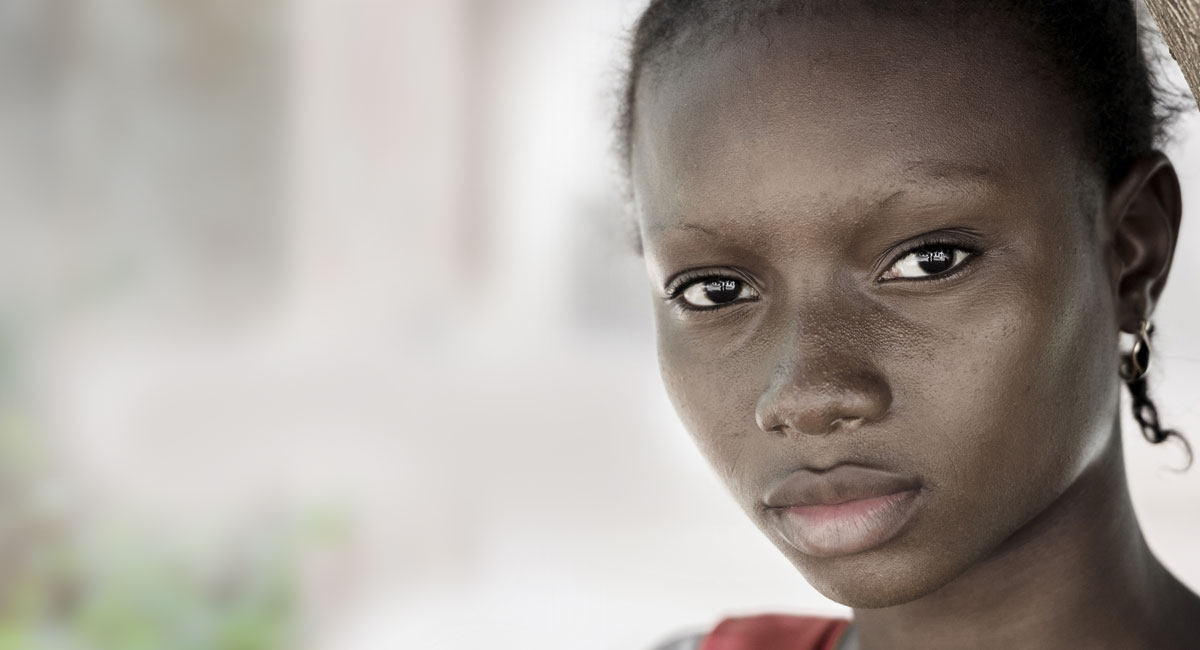- About
- Topics
- Picks
- Audio
- Story
- In-Depth
- Opinion
- News
- Donate
- Signup for our newsletterOur Editors' Best Picks.Send
Read, Debate: Engage.
| November 06, 2017 | |
|---|---|
| topic: | Child rights |
| tags: | #breast ironing, #girls’ empowerment, #Africa, #women's rights |
| located: | Cameroon, Benin, Chad, Togo, Zimbabwe, Ivory Coast (Côte d'Ivoire) |
| by: | Bob Koigi |
So pronounced is the fear that parents resort to the most desperate practices just to protect their girls. In Cameroon, parents have traditionally resorted to breast ironing, a practice that involves massaging young girls’ breast with hot tools, usually spatula, spoons, pestles and even rocks, in order to flatten the breasts making the girls less womanly and unattractive to men. A quarter of women in Cameroon have had their breasts ironed. But while the practice is deeply entrenched in the Central African country, it has become a global practice with studies indicating that over 3.8 million women are affected by breast ironing. The practice has been described by the United Nations as one of the most under-reported crimes associated with gender-based violence.
In Cameroon, where one in every four girls is subjected to the practice, the process starts as soon as a girl hits puberty or shows signs of breast development. To some, this could be as early as eight years old. Mothers, aunts or traditional healers are involved in the process. In some instances, elastic bandages are tightly tied around the breasts before the girls go to sleep or during the day until the breasts are no longer visible. Some girls have been forced to wear the bandages for up to a year.
But the most archaic practice is where objects like a stone are heated then pressed against the breast, massaging it into circles for up to 30 minutes. This, they hope would melt the ‘fat’ in the breast. The women describe this as ‘sending the breast where it is coming from.’
Beyond the pain and cries of the girls as hot objects come into contact with their bodies, are lifelong physical and psychological effects.
Doctors say they have treated serious cases of abscesses, itching, cancer, tissue damage, asymmetry of the breasts and even complete disappearance of one or both breasts. When the girls mature and give birth, majority struggle to breastfeed their children. In one case that was widely reported in the media, when one of the girls who had undergone breast ironing couldn’t breastfeed, her family used driver ants to sting her with venom to release the milk.
The practice has now gained pace in other countries including Benin, Chad, Ivory Coast, Guinea-Bissau, Guinea-Conakry, Kenya, Nigeria, Togo and Zimbabwe. It has also become common practice in the UK among the West and Central African diaspora, typically living in London and Birmingham. In UK it is estimated that about 1,000 girls of West African descent are at risk of the practice. UK Conservative MP for Rossendale & Darwen, Jake Berry sounded the alarm on the practice insisting that the children’s service departments in UK had no skills to deal with victims of such practice while describing breast ironing as a hidden crime against women.
“Studies have shown that up to 58 percent of the people likely to subject the girls to this kind of practice are actually their own mothers. While the world may feel that it is harmful to the girl, no mother wants to harm their child. They do it out of love. This is why so much needs to be done to let these women know that there are other ways of protecting girls without harming them. It remains a tough call because most it is a hushed practice done and only known between the mother and daughter,” said Grace Auma from the Department of Gender & Development Studies of Kenyatta University Kenya who is conducting a research on the impact and extent of the practice in the Western region of Kenya.
But heightened campaigns both in Cameroon and at the global level are slowly changing the narrative and recruiting more women to talk to their fellow women to shun the practice and instead empower girls to understand their biological and reproductive systems. One such campaign, ‘breasts are natural, don’t iron them’ has moved across West Africa on an awareness-raising mission.
Cameroonian Women and Girls Development Organisation, has perhaps taken the campaign to heart, recruiting girls who have gone through the practice to speak out and share their experiences, while recruiting traditional healers and leaders to the campaign. It also conducts door to door interventions persuading the mothers and girls to speak out and abandon the practice.
“At the end of the day we will make breakthroughs in the campaign against breast flattening if we reach out to the women and children who still practice it, let them know it doesn’t solve anything because girls are still getting pregnant, empower them and address the root cause of this practice,” added Grace.
By copying the embed code below, you agree to adhere to our republishing guidelines.

